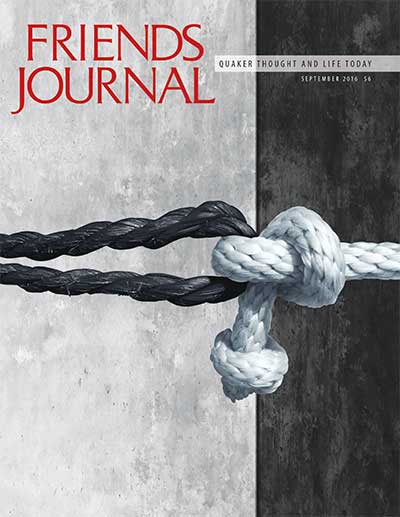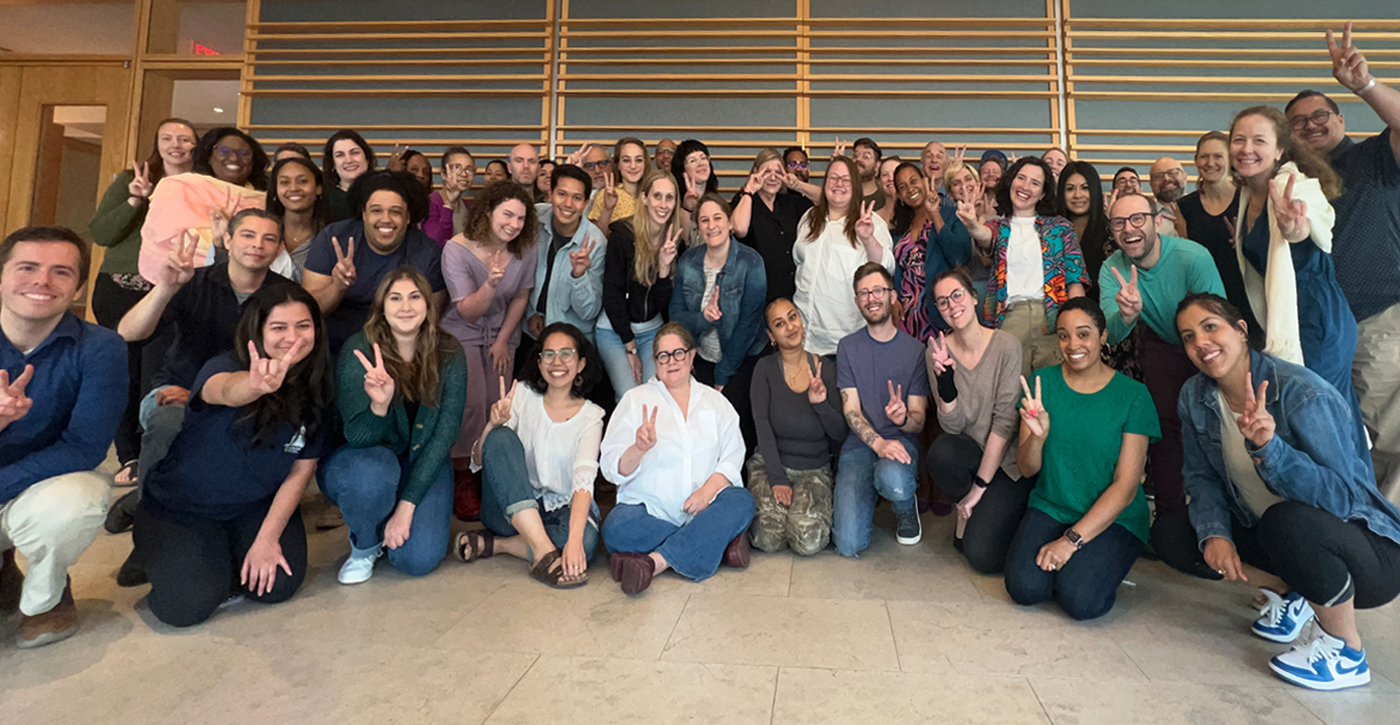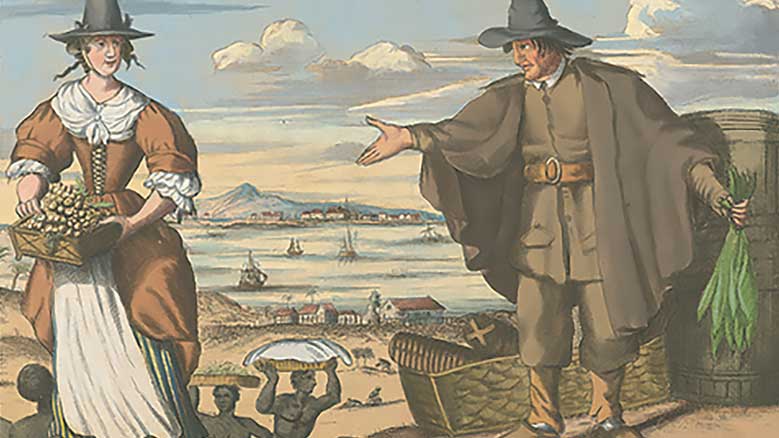Since the White Privilege Conference (WPC) this past April in Philadelphia, my personal concern to interrupt white supremacy anywhere I find it has been redoubled. I have new hope and a practical model that “works if you work it.”
White supremacy is just one form of domination, but it is heavily charged these days because of the photographic exposure of ongoing life-and-death discriminations running rampant within our criminal justice systems. I have long believed that, to be effective, interruptions of systemic and interpersonal manifestations of white supremacy need to be accompanied by interruptions inside each of us. While we can force outward societal change, even if we use nonviolent persuasion, the offending snake often rises from its ashes to bite us again.
The distortions that experience has brought to my lens on the world need to be cleared—a basically spiritual, rather than primarily intellectual, practice. The practice requires perpetual surrender to Spirit.
My experiences at the conference brought these insights to the foreground again. During the seminars, lectures, and conversations at the conference, I found myself more to be studying interpersonal and group interactions rather than exploring new insights and information. Differences in attitude, language, thought, and bearing among providers and participants seemed dependent less on how long people had been concerned with eliminating some form of racism, than on the kind of dysfunction they thought racism was. Is racism a moral, cultural, or political problem; is it spiritual or is it spun from rational thought; is it intrapersonal, interpersonal or systemic? If all of the above (and more), how are these aspects related?
The deep recalcitrance of race prejudice, the prevalence of racially coded talk, and the combustible emotions and attitudes that are both deeply rooted and easily activated, led me to some initial insights back in 2002 and 2003. Then, during my internship at a large mental health center in Madison, Wisconsin, I designed and facilitated, for mental health professionals and clients, trainings in various aspects of cultural competence. Training goals centered around people’s reactions to politicized differences, especially race, class, ethnicity, gender, and mental and physical ability.
When I frame my attention to interrupting white supremacy as working with people and systems with an addiction to domination, what openings have I experienced?
If I view people and, more metaphorically, the systems and cultures they create, as a disease with no cure but for which there is, step by step, recovery, much of my frustration with hearing the same feeble conversations around racism among Friends repeatedly during the past 20 years immediately deflates. I can better understand the entrenched denials of participation in white supremacy from the thoughtful, gentle, well-meaning people in monthly and yearly meetings I attend. I can sympathize with the protection of supply, the all-or-nothing attitude, self-righteousness, over-intellectualism, and the megalomaniac with an inferiority complex without condoning these dysfunctions. Compassion begins to dominate over exasperation and I can offer both acceptance and strategies for healing. For many of my own thoughts, feelings, and attitudes result from my own colonized mind, heart, and spirit: my addiction to domination. And I believe I am in recovery.
Understanding white supremacy as addiction and as a disease of the spirit brings many of the tools of the well-proven 12-step recovery paradigm to hand. The 12-step practice originated prior to the Second World War, as peer-treatment for alcohol addiction. It is now widely used among people with both substance and behavioral addictions, and by their families and significant others.
After WPC, I revised my earlier work to seek a language appropriate for the spiritual diversity among Friends. I have substantially reworked the 12 steps—which are better described as spiritual practices—to remove as many assumptions about spiritual belief as I could.
Some individual spiritual practice for self-examination is needed for progress in becoming whole. However, community—indeed, communion—is an essential feature of practicing a 12-step program. Even those steps that are not explicitly interpersonal rest on the support and noticing of others around us. Joining in recovery with others who are willing, we can be patterns and exemplars of equality and integrity.
Each of us is alone with the Ultimate—which some call the Divine. Interrupting white privilege is not just about taking care of each other; it’s also about loving one’s neighbor. When you are in love, you are, simultaneously, both alone in the universe and the whole of the universe. That’s mystery and that’s surrender: the first step.
1 We admitted that we were powerless over having been “colonized” by our white supremacist culture—that our lives fall short of their full human potential because of this colonization. 2 We came to believe that we could work in community with others to interrupt white supremacy and practice a culture based on partnership rather than domination. 3 We decided to turn our will and our lives over to wholeness in Spirit and Truth. 4 We made a personal inventory of ways in which we benefit from and are harmed by discriminatory thoughts, actions, or customs we participate in or condone by our silence. 5 We admitted to ourselves and to another human being the exact nature of these modes of thought, action, and silence. 6 We were entirely ready to let go of modes of thought, action, and silence that lacked integrity. 7 In humility, we let go of destructive habits, becoming more open to hearing nonjudgmentally the perspective of other people and their cultures. 8 We made a list of all persons we had harmed, and became willing to make amends to them all. 9 We made direct amends to such people whenever possible, except when to do so would have injured them or others. 10 We continued to take personal inventory and to admit to the lessons we need to learn. 11 We sought spiritual leading through contemplative practices and sought faithfulness to carry through these leadings. 12 We tried to carry this message to others suffering from white supremacy and to practice these values in all our affairs.12 Steps to Overcoming White Supremacy






Comments on Friendsjournal.org may be used in the Forum of the print magazine and may be edited for length and clarity.